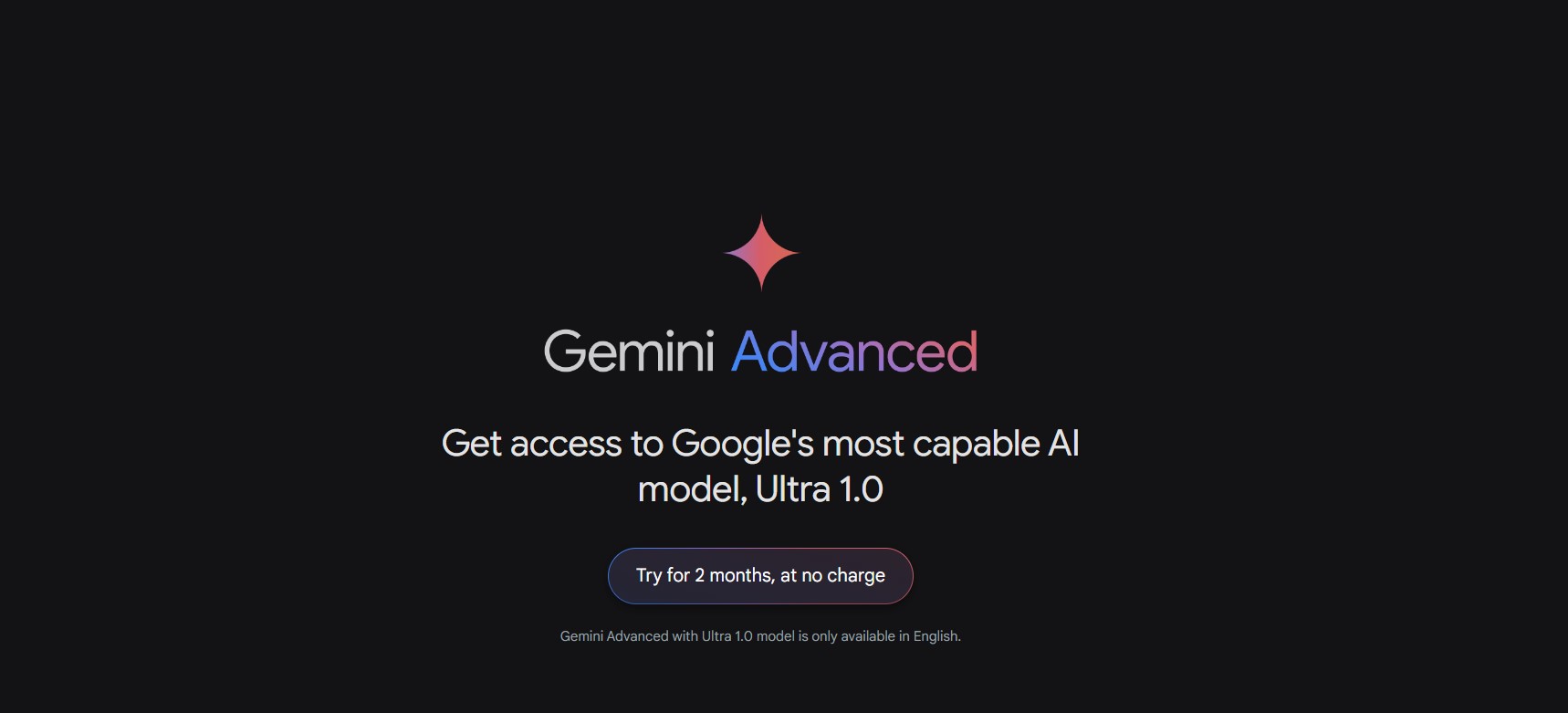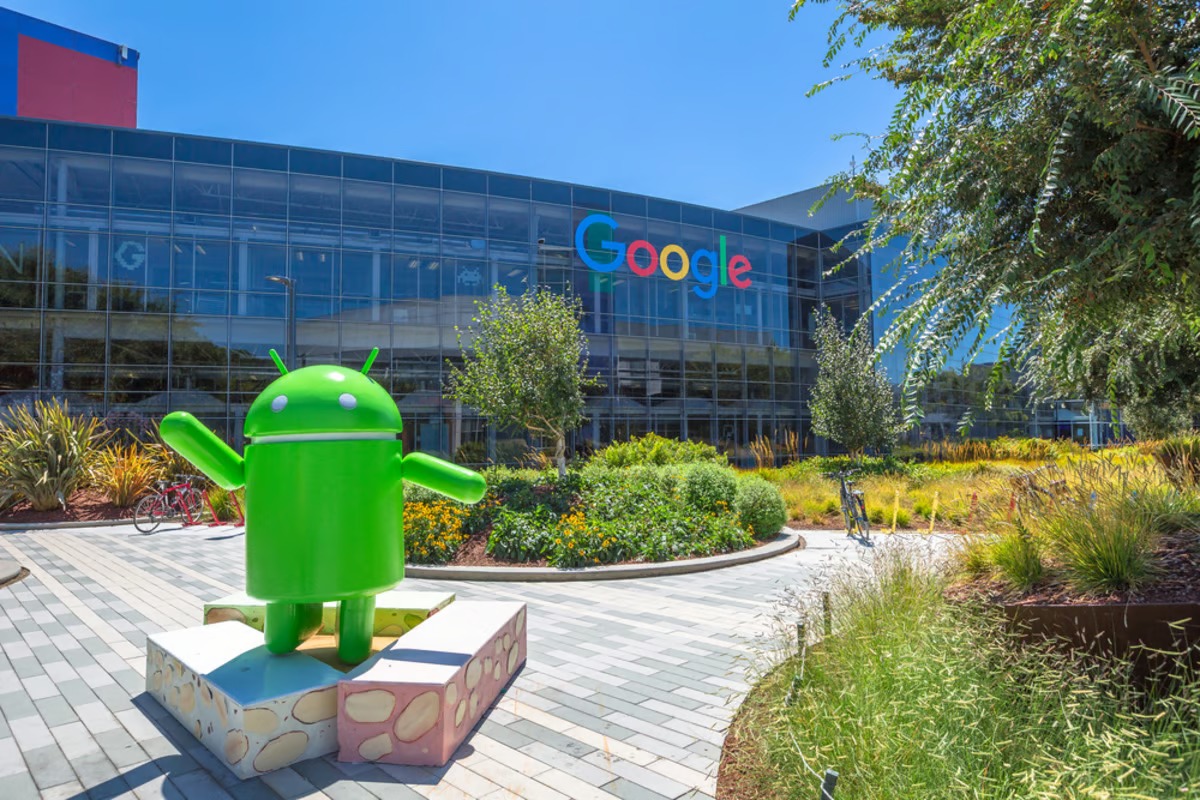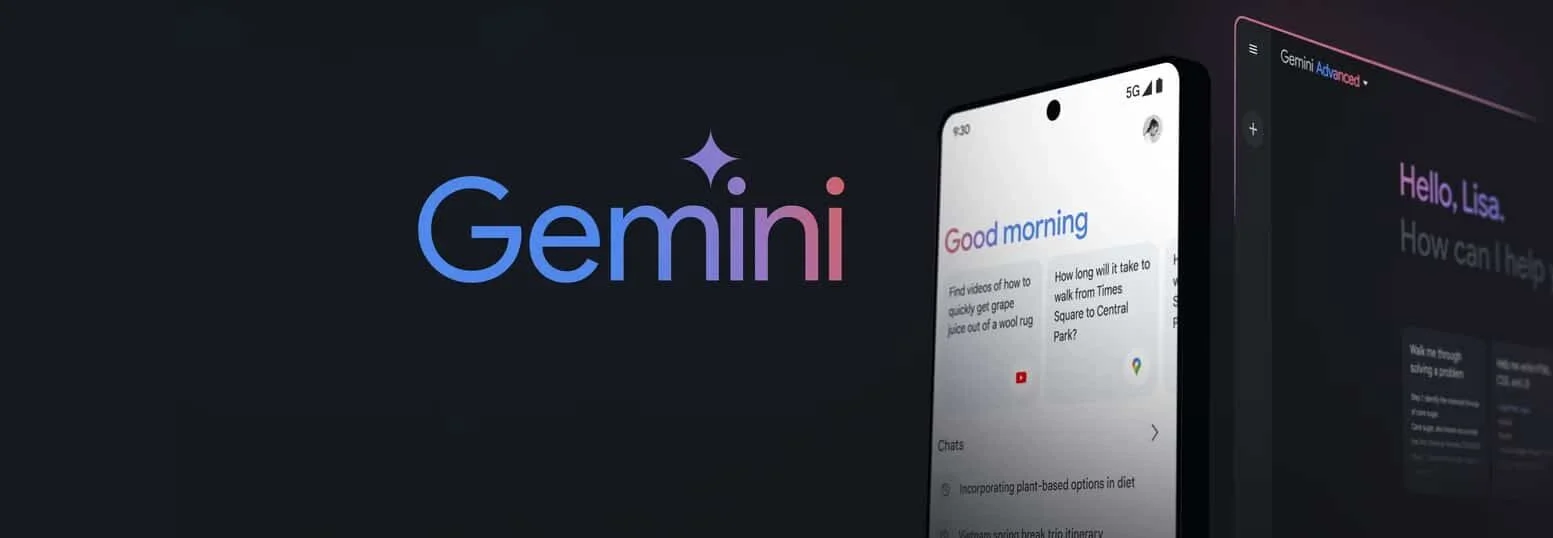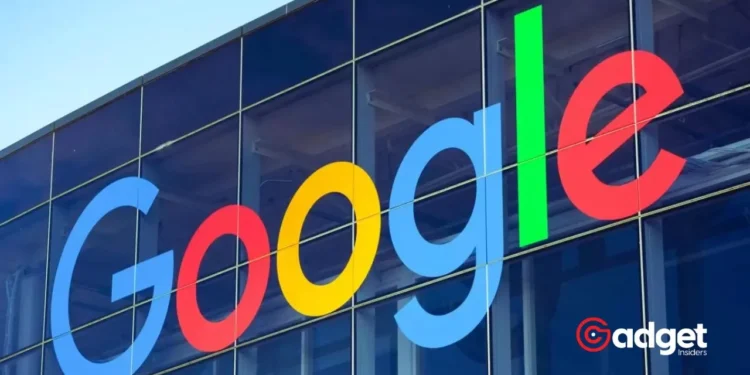In a move that could redefine the landscape of internet search, Google is reportedly on the verge of implementing a charging mechanism for its AI-enhanced search features. This unprecedented step would mark a significant departure from the search giant’s longstanding revenue model, prompting a reevaluation of how leaders in the technology sector approach the monetization of advanced artificial intelligence services.

Google: A Necessary Evolution in the AI Era
The impetus behind Google’s groundbreaking strategy is rooted in the substantial costs associated with providing cutting-edge AI search capabilities. According to insights from the Financial Times, the tech behemoth is considering limiting its novel search feature to subscribers of its premium services.
This model isn’t entirely new to Google’s ecosystem; users are already familiar with subscriptions for other AI-integrated tools like Gmail and Google’s Office Suite. This initiative represents a natural progression in the digital age, as companies grapple with the financial realities of supporting sophisticated AI technologies.
“AI search is more expensive to compute than Google’s traditional search processes. So in charging for AI search, Google will be seeking to at least recoup these costs,” explained Heather Dawe, chief data scientist at digital transformation consultancy UST.

The High Price of Innovation
The discussion over the financial implications of artificial intelligence is not restricted to the costs of its operations. An enormous amount of money is being invested in the development of these technologies.
An example of this would be the stunning $65 million that Amazon spent on a single training session in the previous year. It is anticipated that the company will soon cross the threshold of $1 billion in financial expenditures.
Mark Zuckerberg recently declared that he will be contributing at least $9 billion to Nvidia GPUs, while OpenAI and Microsoft recently revealed their intentions to construct a data center with a capacity of $100 billion that will be dedicated to the training of artificial intelligence.
Yet, as Brent Thill, an analyst at Jefferies, pointed out, the lion’s share of AI expenditure isn’t in development but in deployment. “The majority of AI compute spend today is directed to the running, not training, of models,” Thill noted, emphasizing the rapid growth in inferencing spending over training costs.
Google Search might soon become a paid feature 👀
💸 Google might introduce paid subscription tiers for its search engine with advanced AI features
🤔 Google is trying to balance integrating new AI technology with maintaining its ad revenue
🤖 Google's AI-powered search has been… pic.twitter.com/hT6WfSLNl5— Mukul Sharma (@stufflistings) April 4, 2024
A Diverse Landscape of AI Monetization Strategies
Google’s foray into subscription-based AI search isn’t occurring in a vacuum. Competitors like Perplexity are already exploring similar avenues, with a $20 monthly pro tier that unlocks access to more potent AI models and unrestricted usage.
On the other end of the spectrum, Microsoft integrates its AI features into Bing and the Edge browser at no additional cost to users, while the browsing and search startup Arc offers its services for free, aiming to generate revenue through business-oriented features in the future.

Navigating the Future
As the AI sector continues to mature, the strategies companies adopt to balance innovation with financial sustainability will be closely watched. Google’s potential shift towards a subscription model for its AI-enhanced search features might set a precedent, influencing the entire industry’s approach to monetizing these advanced technologies.
In this rapidly evolving landscape, the challenge for tech giants is not just in developing groundbreaking AI but in crafting business models that ensure these innovations are both accessible to users and financially viable for companies.
As we stand on the brink of this new era, the decisions made by industry leaders like Google will likely shape the future of digital interaction and internet search for years to come.










